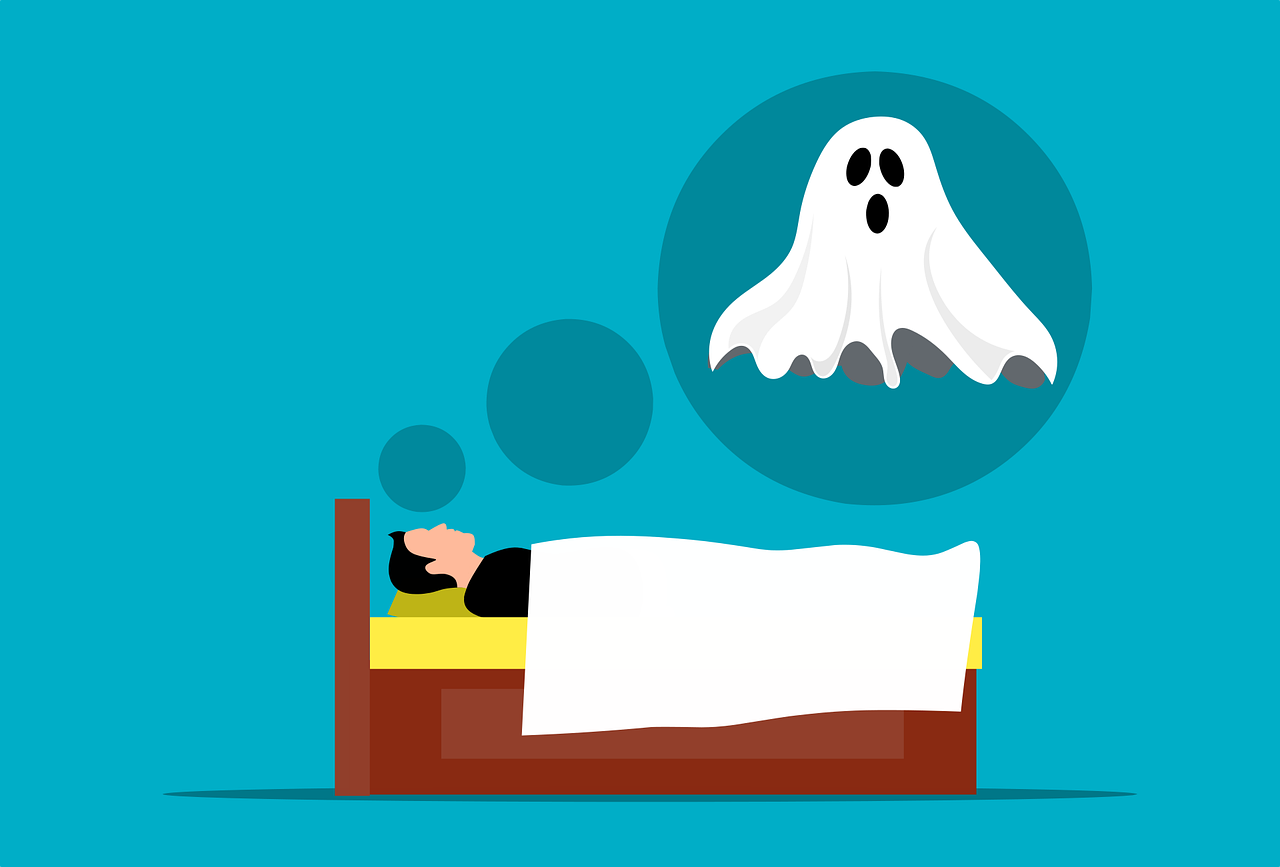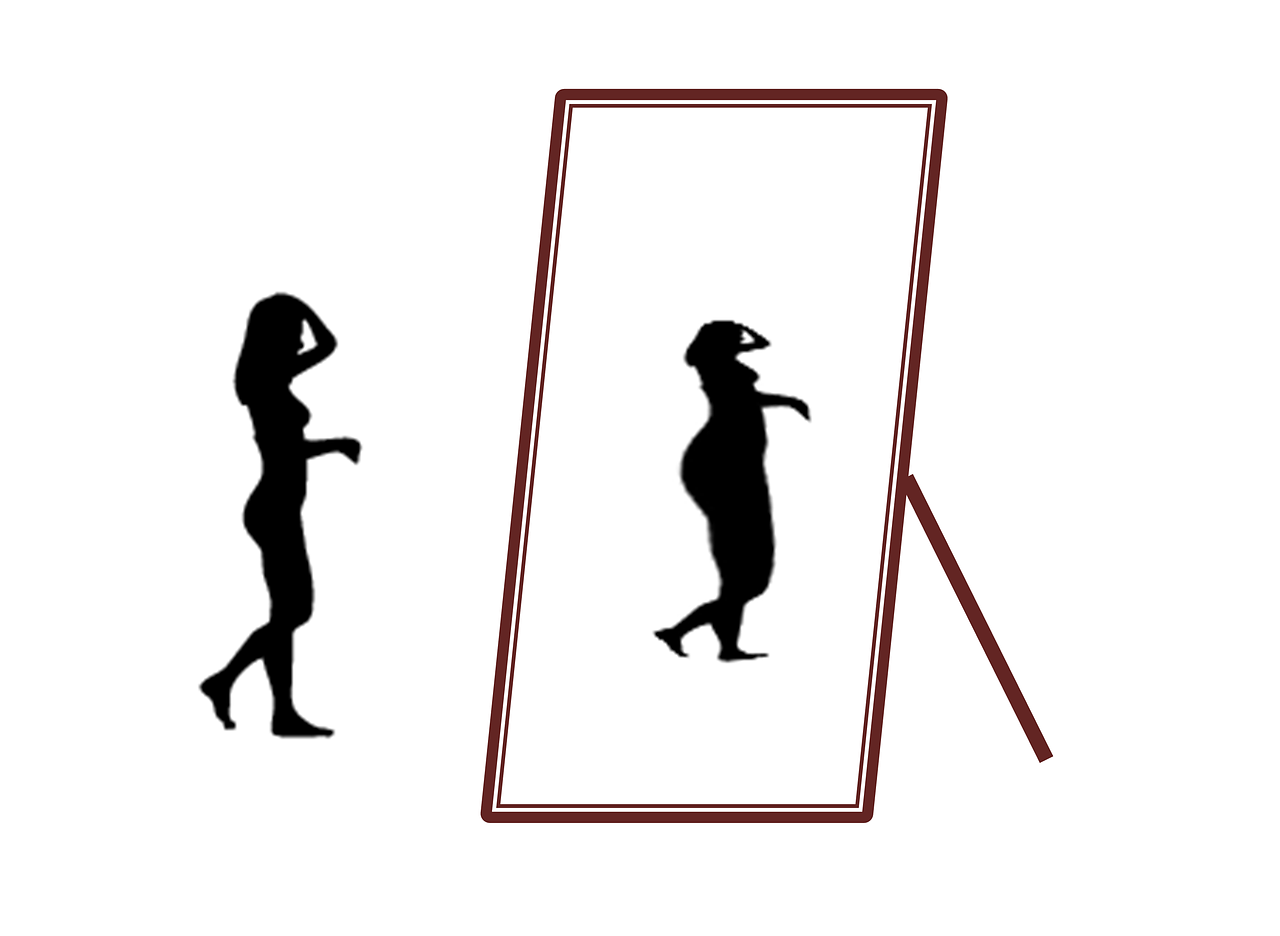I am a psychiatrist in Austin, Texas specializing in the treatment of adults, including adults with eating disorders such as bulimia. The only medication which is FDA approved for the treatment of bulimia is Prozac. In clinical trials, Prozac was found to reduce the frequency of binge-eating and purging episodes in patients with bulimia; these trials compared Prozac at doses of 20mg or 60mg to placebo and found that only Prozac 60mg was effective. Patients who had more severe symptoms (as measured by engaging in more frequent episodes of binging and purging) had a greater reduction in symptoms with Prozac. Patients who continued taking Prozac were more likely to maintain their improvements than those who discontinued Prozac.
Notably, although some patients had a complete remission of bulimic symptoms with Prozac, for the majority the benefit was a reduction in the frequency of binge-eating and purging. It has been shown that the combination of Prozac and brief psychotherapy (usually 16-20 sessions) yields better results than medication alone in terms of seeing an initial response, eliciting higher recovery rates and lowering level of symptoms. Because of this, medication should be incorporated as one component of the treatment plan for a patient with bulimia. It is important that patients with significant bulimic behaviors meet regularly with a team of providers that includes: a primary care physician for monitoring of physical health, a therapist to help explore what thoughts and emotions underlie the bulimic behaviors, and a dietician to develop a plan for healthy eating.
Treatment with Prozac may provide an additional benefit for patients with bulimia who are also depressed. In some estimates, about half of patients with bulimia have another co-morbid psychiatric disorder such as depression, and Prozac is also FDA approved for the treatment of major depression.
Call 512-239-8943 to schedule an appointment.
Disclaimer: The information in these posts is not guaranteed to be accurate or complete. It is not meant to serve as medical advice, and your reading of it does not establish a physician-patient relationship with Dr. Cynthia Benton. If you have any questions about this information, please contact your doctor.




